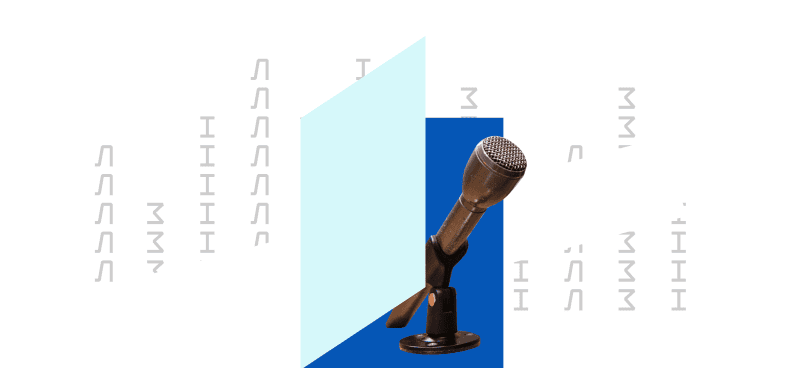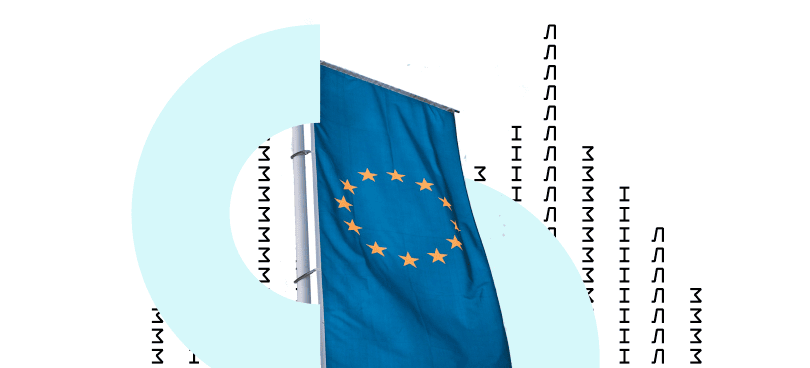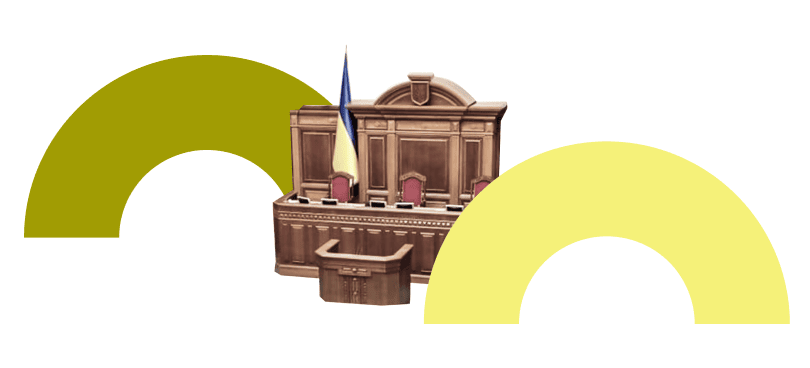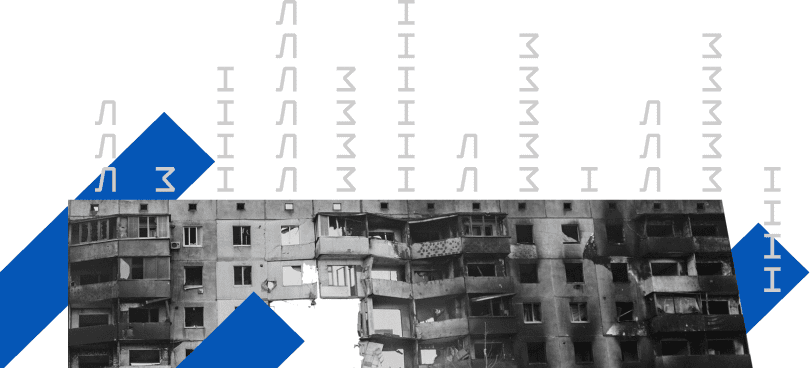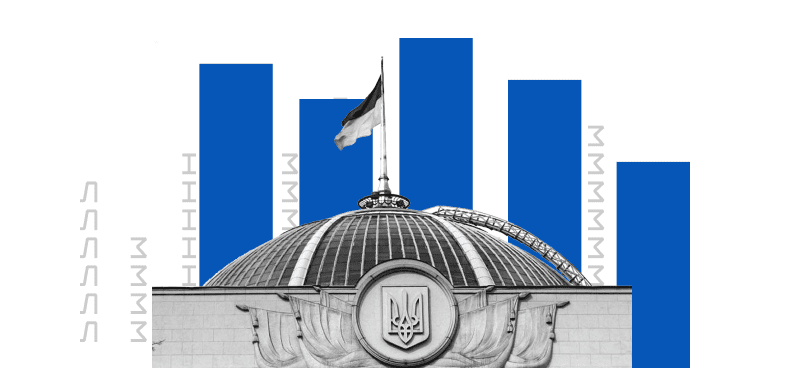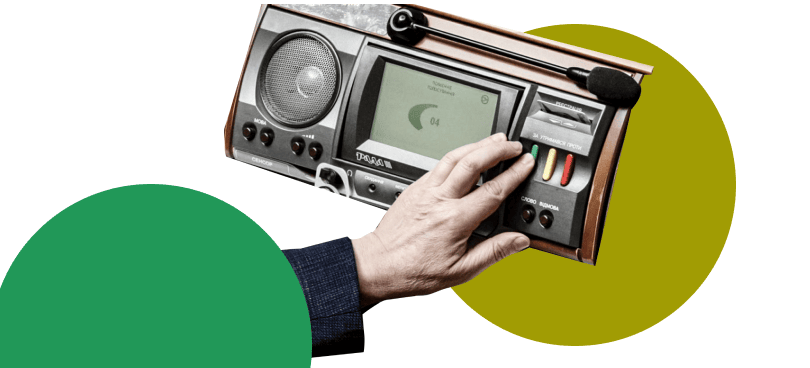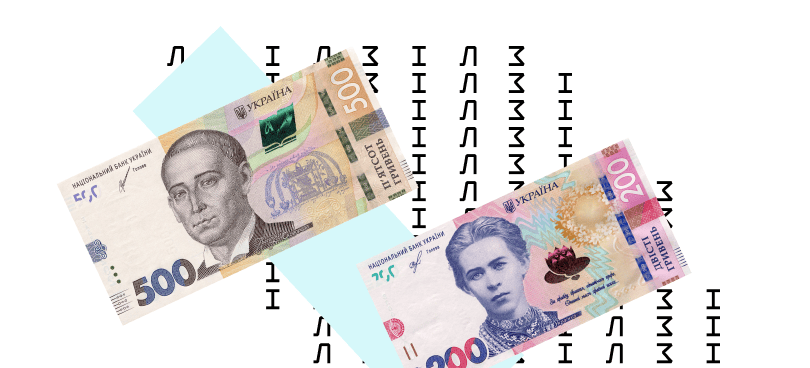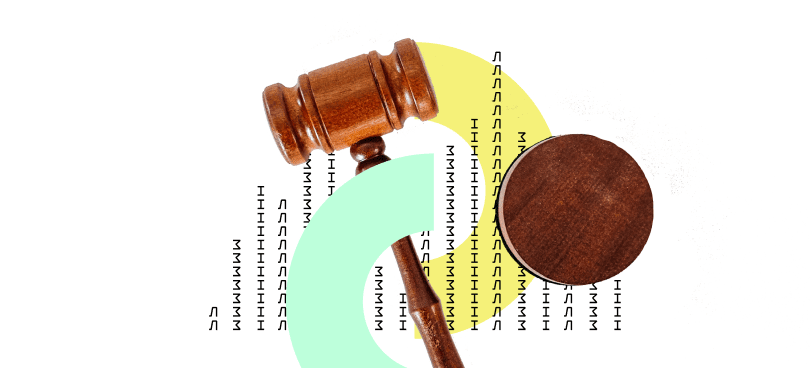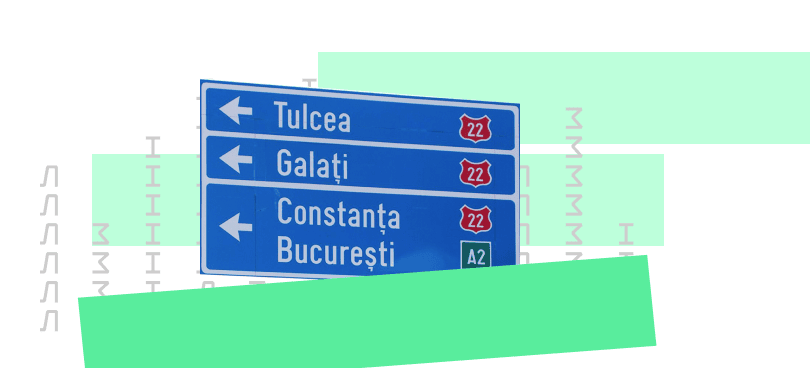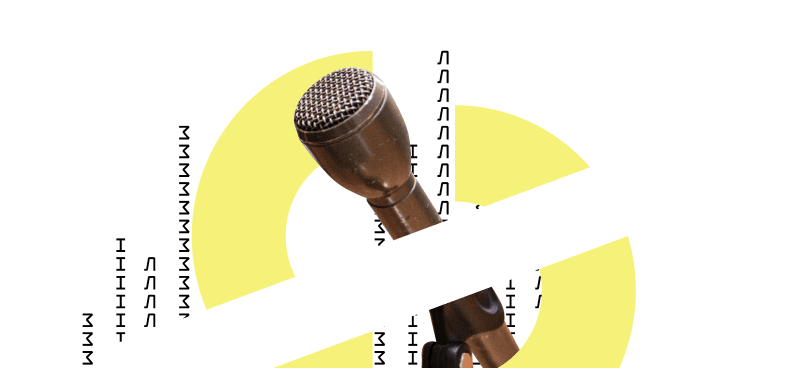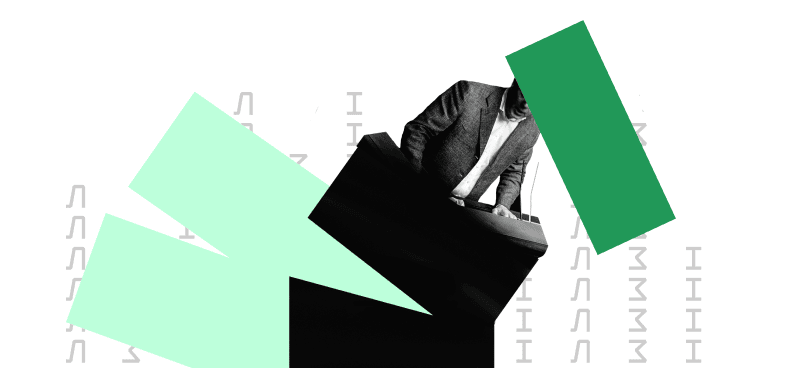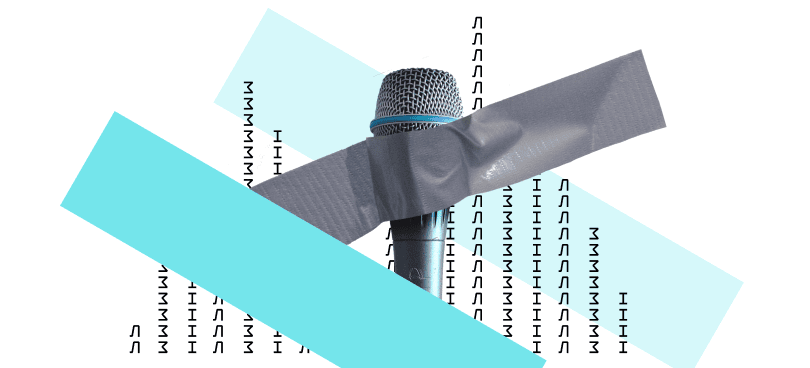ALI article for Ukrainska Pravda
High-quality control of the work of the Verkhovna Rada by civil society requires transparent work of the Parliament. More than once, it was the work of journalists under the dome of the Rada that sparked discussions which led to large-scale changes. But should all aspects of the Rada’s work be public? We agree that the Verkhovna Rada previously adhered to this principle.
But everything changed a year and a half ago. With the beginning of the invasion, certain restrictions were introduced in the Rada, in particular regarding the dissemination of information. The calendar of plenary sessions, the broadcast of plenary sessions and meetings of the Conciliation Board were removed from public access, and access to MP profiles through the website was turned off. All these restrictions were accepted by the society as reasonable – the security aspect was then perceived as the most important.
Recently, we can observe the opposite trend: on the website of the Rada, data about MPs have been made public again, a public hour of questions to the Government was held. Restrictions on the Parliament’s work are gradually being lifted, and the Rada is returning to its previous work regime.
But is it necessary to restore the transparency of the Parliament as it existed until February 24, 2022? Should the inner workings of the Parliament be opened to the public? This was the role previously performed by the Conciliation Board.
How did the Conciliation Board work before?
The powers of this body include, according to the Rules of Procedure, “preliminary preparation and consideration of organisational issues of the Verkhovna Rada.” Its members include heads of factions and MP groups, chairs of committees, and the Speaker of the Rada together with his/her deputies. So, in theory, the subject of discussions is coordinating the work of the Parliament, agreeing on agendas and ensuring the effective work of the Rada.
However, in practice, everything unfolded quite differently. The Conciliation Board was primarily not a space for solving organisational issues but an arena for delivering political speeches and provoking scandals.
For example, the speaker of the Verkhovna Rada of Ukraine of the 8th convocation, Andrii Parubii, was very forthright in his attitude towards the behaviour of MPs at the Conciliation Board: “Unfortunately, they use the Conciliation Board simply as a PR platform to produce a message for the TV, record it, get up and leave.”
Similar opinions were expressed by the MPs themselves: they compared the Conciliation Board to a “circus” and a “talk show” for years. There were scandals there as well. You can easily find on the Internet, for example, a video showing Yurii Boiko hitting Oleh Liashko in the face right during the meeting or the news that members of the Conciliation Board brought handcuffs to the speaker. The Conciliation Board played the role of a large platform for exchanging speeches, not a place for organising the work of the Parliament.
International partners also recognised the ineffectiveness of the public Conciliation Board
In 2016, the mission of the European Parliament presented the Report and Roadmap on Internal Reform and Capacity-building for the Verkhovna Rada of Ukraine. It contained a number of proposals for changes that ought to be implemented to increase the efficiency of the work of the Ukrainian Parliament. Among the listed recommendations was the closure of the Conciliation Board to the public. The reason is clear: “ In practice, the CB is a highly politicised event in which the leading political figures of different factions make speeches about topical issues. Discussion of the parliamentary agenda tends to be secondary.”
However, it was not about the absolute closure of the Conciliation Board to citizens: it was also proposed to organise a group of special parliamentary reporters who could convey the most up-to-date information about the meetings to the public.
Unexpected impact of war
With the beginning of the full-scale invasion, the recommendation of the European Parliament’s mission regarding the Conciliation Board was unexpectedly fulfilled – the Conciliation Board began to be held without the presence of journalists, as well as without audio and video recording.
During expert interviews for the Agency of Legislative Initiatives, MPs noted that the changes turned out to be striking: meetings of the Conciliation Board began to last for hours (sometimes reaching as long as 5 hours), and the discussions themselves became much more constructive – the agenda and support for certain draft laws became the main questions This had a direct impact on other aspects of the work of the Verkhovna Rada: primarily those draft laws that already had the prior support of the MPs now came to the vote. This was one of the indicators of the unity of the Parliament in the first months of the full-scale invasion because almost every vote saw more than 300 votes in favour of the draft law.
This also affected the quantitative indicators: if in the spring of 2021, MPs considered an average of 6.7 draft laws per meeting, then in the same period of 2023, this indicator was equal to 22.6, marking a manifold increase. The closure of the Conciliation Board played its role here as well: long, substantive discussions help to build the most effective agenda possible.
Why returning to the public Conciliation Board is not worth the effort?
Publicity is perhaps the most important resource for politicians in a democratic country. They are forced to work for their re-election. This plays a special role for the opposition forces, who have fewer opportunities to see their own bills through, so for them, publicity is literally the basis of their work. And so it happened that the Conciliation Board became an ideal venue for public disputes and drawing attention to one’s person. The presence of all possible political opponents in the same room under the sights of video cameras creates ideal conditions for the loudest criticism of each other. After all, using the Conciliation Board meetings as a platform for purely political speeches scores more political points than constructive agenda negotiations. This, in turn, negatively affects the work of the Rada in general, because the internal structure which is responsible for organisational issues, in fact, does not fulfil its role.
The presence of journalists with cameras at the Conciliation Board naturally forces politicians to be, first of all, politicians – to work for the audience. After all, in contrast to statements criticising opponents, getting the consultative and advisory body of the Parliament to work is unlikely to impress the target electorate. But, despite everything, it is extremely important to have a venue where the leaders of factions and committees can communicate with each other, planning the work of the entire Parliament. And the opening of meetings of the Conciliation Board, as previous practice shows, will definitely not contribute to this.

